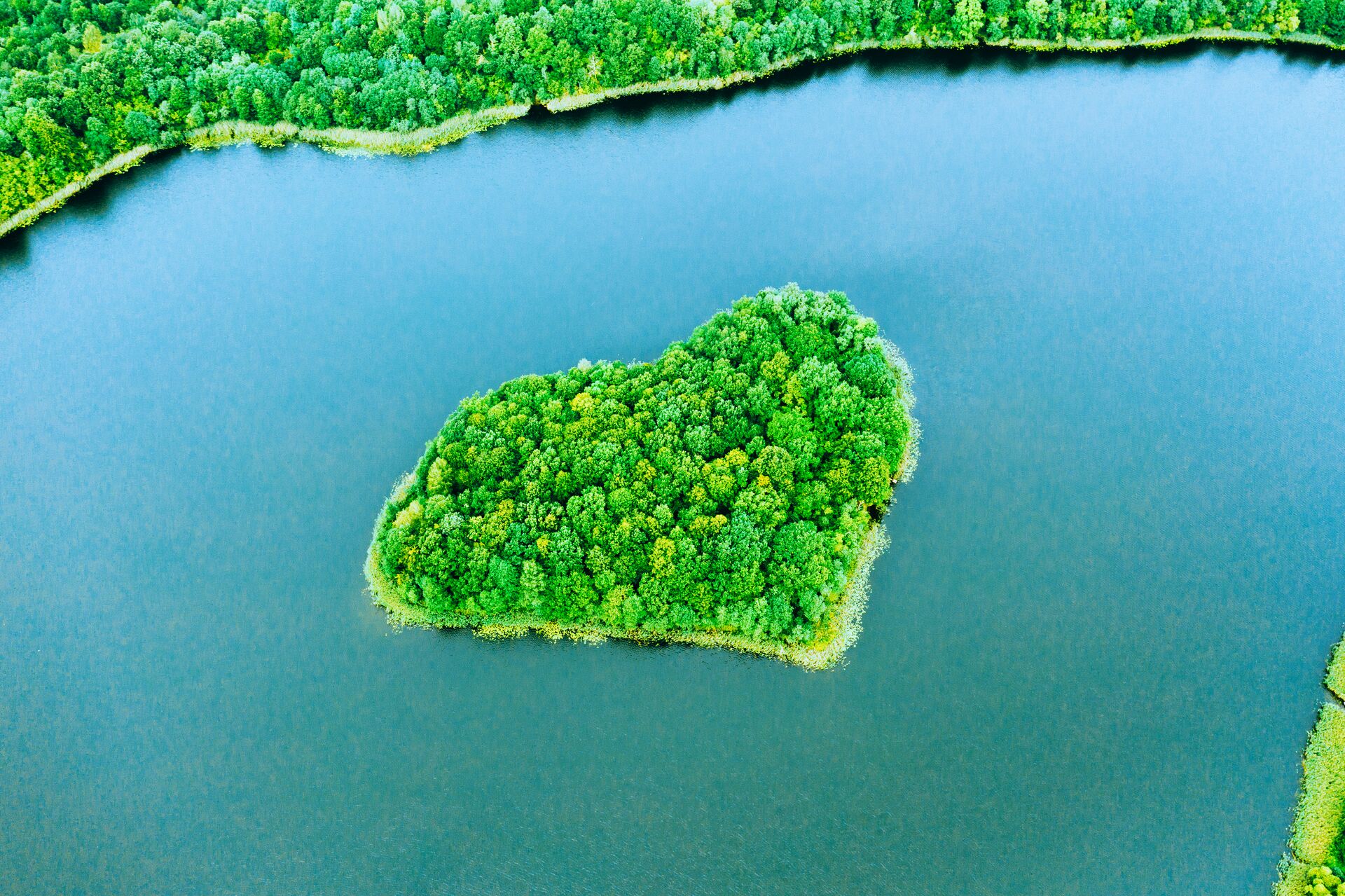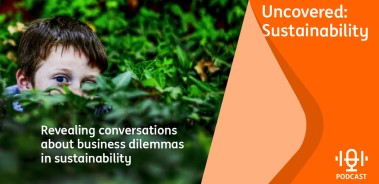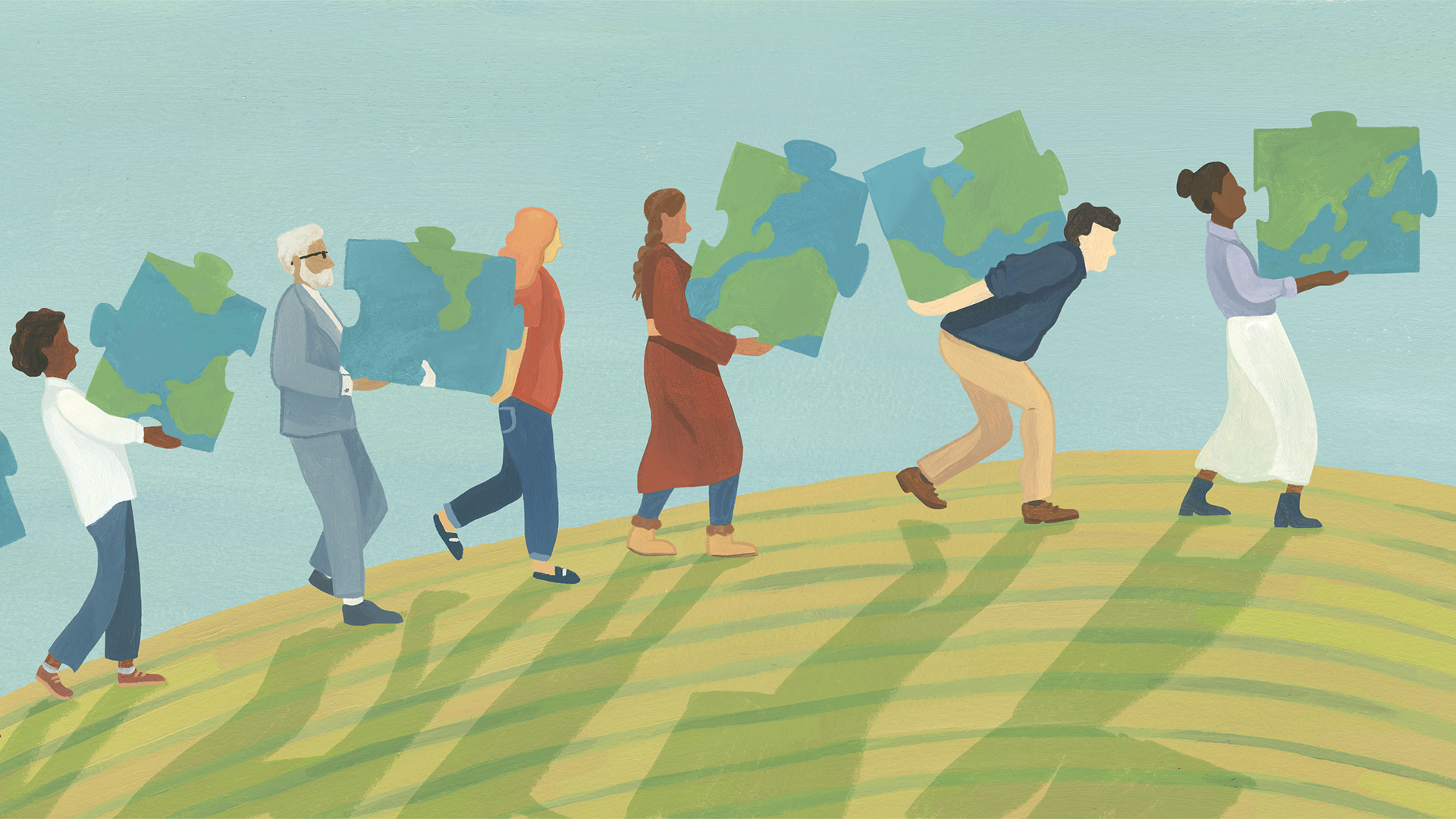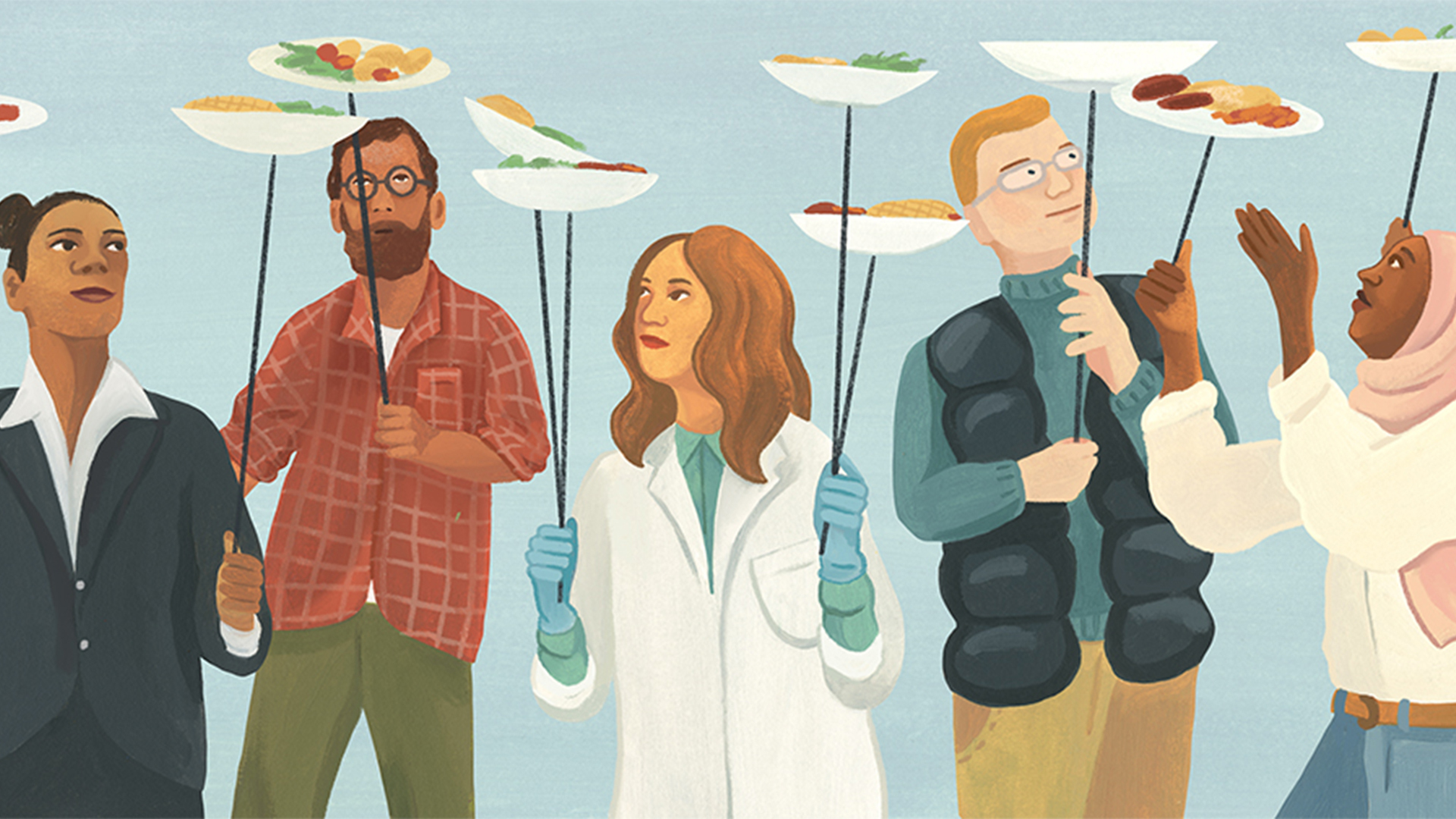Be a changemaker
Even in uncertainty, progress doesn’t stop. It happens when leaders move, listen, and make decisions that shape what’s next. The ones who drive real change see beyond the immediate—they connect, adapt, and act with purpose. Not just for today, but for the long run.
We like to team up with leaders who see the bigger picture—offering deep sector expertise, global networks, and the right insights to turn ambition into progress. Because even in complexity, progress moves forward.











